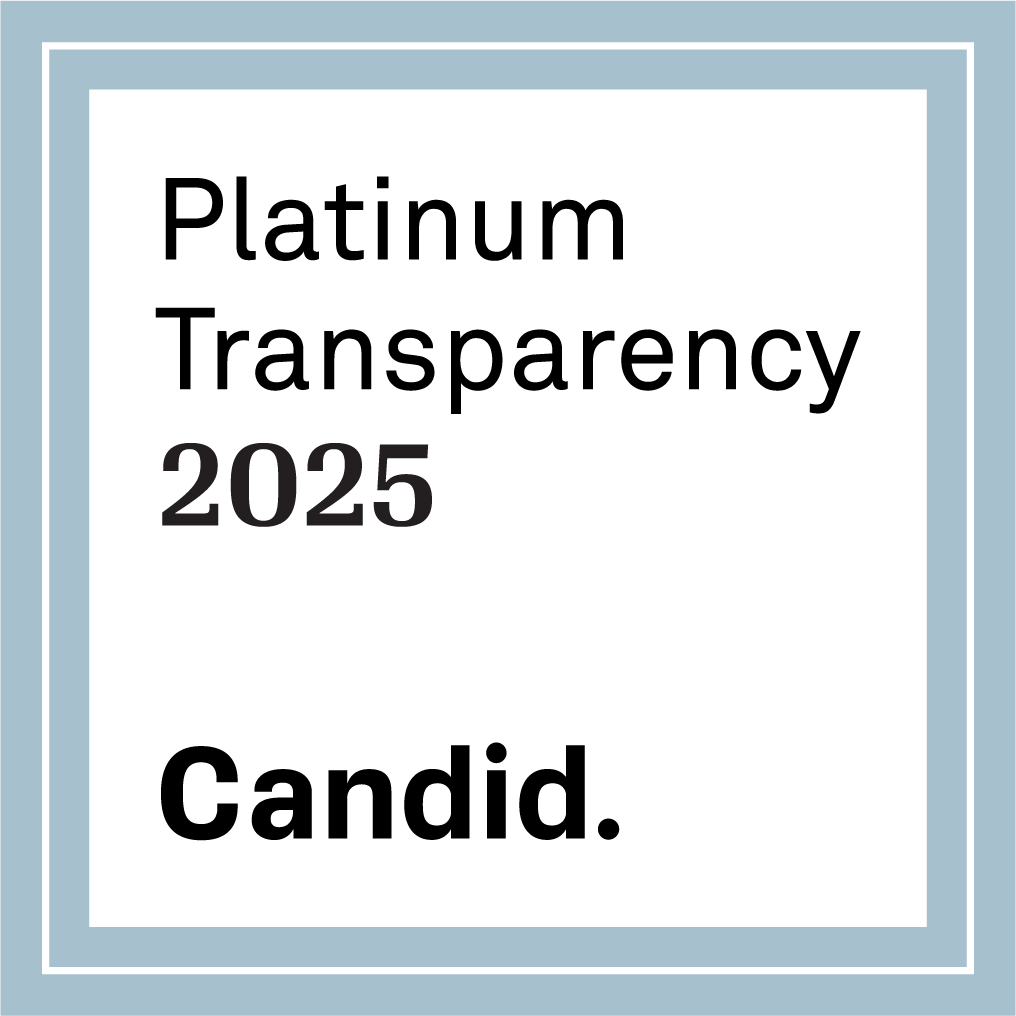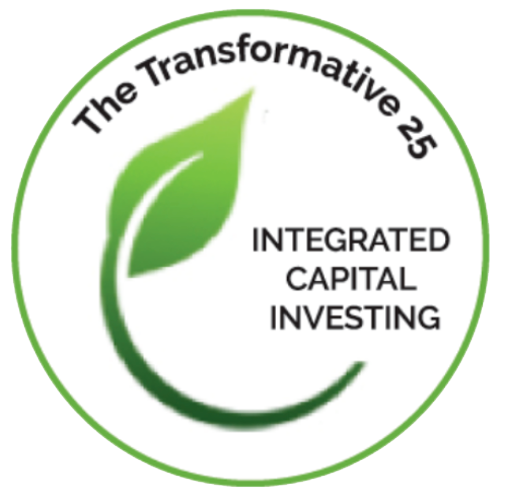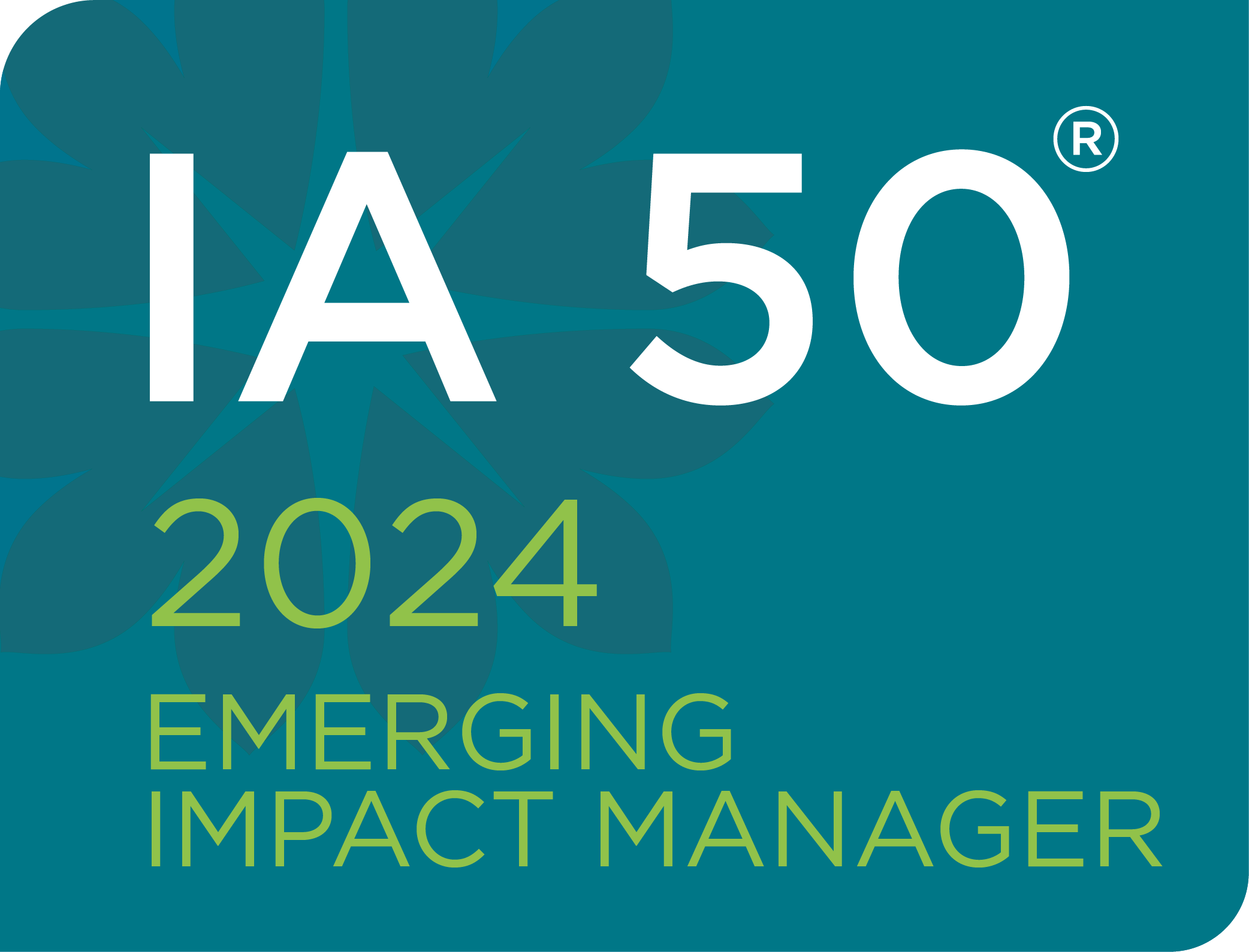Debt
Purchase Order / Contract Finance
Provides funding in advance of a large, one-time purchase order, contract, grant, account receivable, or other cash inflow. Once you’ve received the cash, you repay the full amount plus interest. This capital type helps organizations deliver on a big contract or manage cash until promised funding is received.
Line of Credit
Credit facility that can be drawn upon and replenished, typically to fund working capital. You are only charged interest on the cash you withdraw. Your organization is then asked to repay all that has been borrowed at least once a year (called a clean-up provision). Lines of credit work well for businesses that experience temporary cash needs.
Revenue-Based Finance
Like a term loan, this capital type provides funding, then requires monthly payments calculated as a percent of your monthly revenue. This automatically adjusts your payment amounts based on monthly sales. Revenue-based finance works well for organizations that have uncertain monthly revenue and the potential to grow.
Equity and Near Equity
Structured Equity
Like unstructured equity, this capital type gives BII shares of your business in exchange for patient funding. The key difference with structured equity is that BII works with you to set a price and date for your business to buy back the shares. This capital type is best for businesses that need patient funding but see themselves growing steadily instead of rapidly.
Convertible Note
A loan that can be converted into an equity investment at a future date or under certain circumstances. Upon conversion, the value of the debt and accrued interest converts to shares in a future equity round at a pre-negotiated, typically discounted price. Convertible notes work best for early stage, growing businesses that are not yet profitable.
SAFE (Simple Agreement for Future Equity)
SAFEs provide rights to an investor for future equity without determining a specific price per share until a later priced round or liquidity event occurs. Often used with start-ups, SAFEs differ from convertible notes in that they don’t have an interest rate or determined conversion rate.




